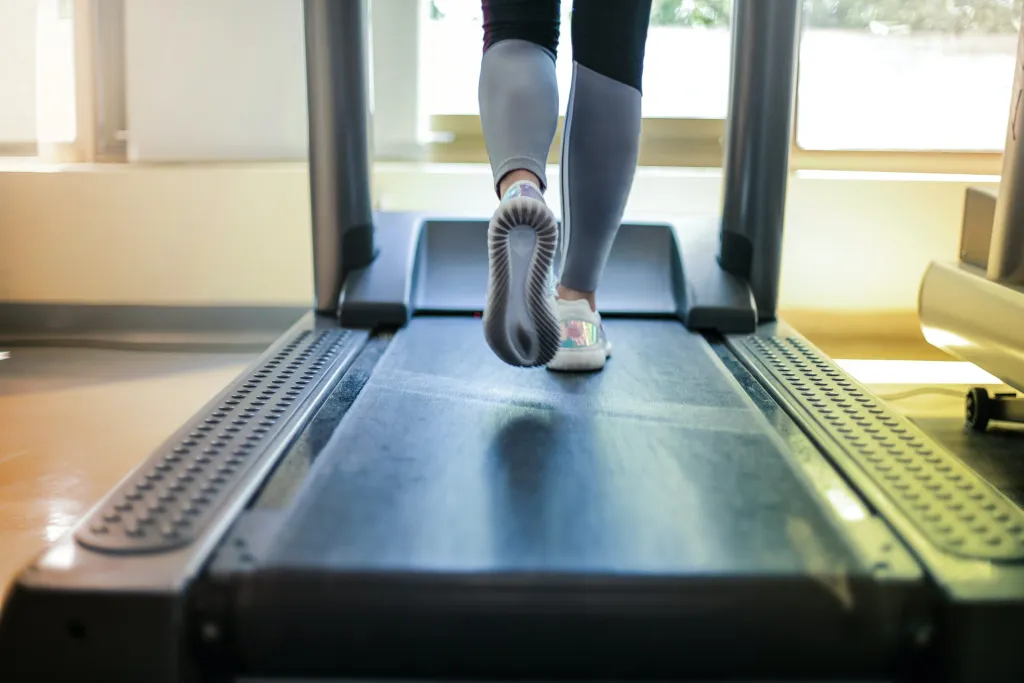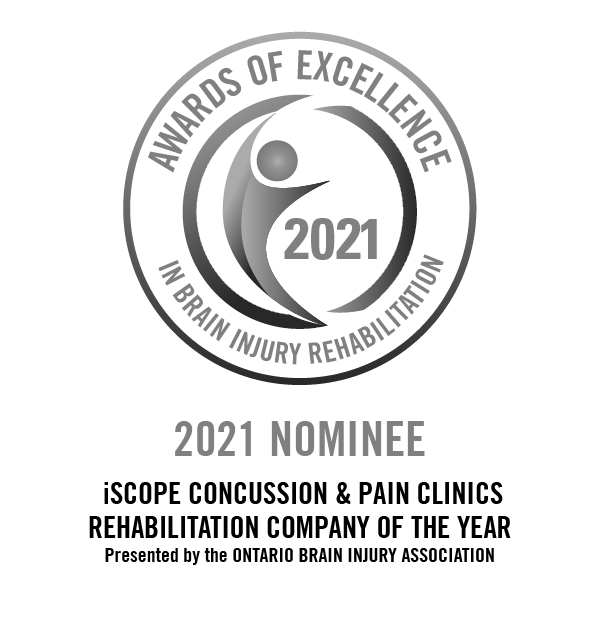Our kinesiologists implement evidence-based exercise and movement programs to help patients improve their functional health and performance. From helping injured patients return to pre-injury function, to assisting high-performance athletes improve their performance, our team of kinesiologists bring a wide range of experience and expertise.
A specialist in the science of kinesiology is known as a kinesiologist. They have received training in the scientific study of human movement, and they use this knowledge in a variety of contexts, such as physical activity, sports, recovery, and occupational health. To give their patients comprehensive care and assistance, they could work in conjunction with other medical specialists like coaches, doctors, occupational therapists, physiotherapists, and physicians.
The scientific study of human performance, function, and movement is known as kinesiology. The study of human movement is an interdisciplinary area that combines anatomy, physiology, biomechanics, motor control, psychology, and other sciences.
Sports performance, clinical rehabilitation, workplace health and safety, biomechanical research, exercise prescription, and ergonomics are just a few of the many uses of kinesiology.
Kinesiology has numerous applications in movement analysis, ergonomics, sports performance, exercise science, and rehabilitation. Exercise scientists, physical therapists, biomechanists, coaches, and researchers use it to increase performance, avoid accidents, promote health and well-being, and create efficient recovery plans.





